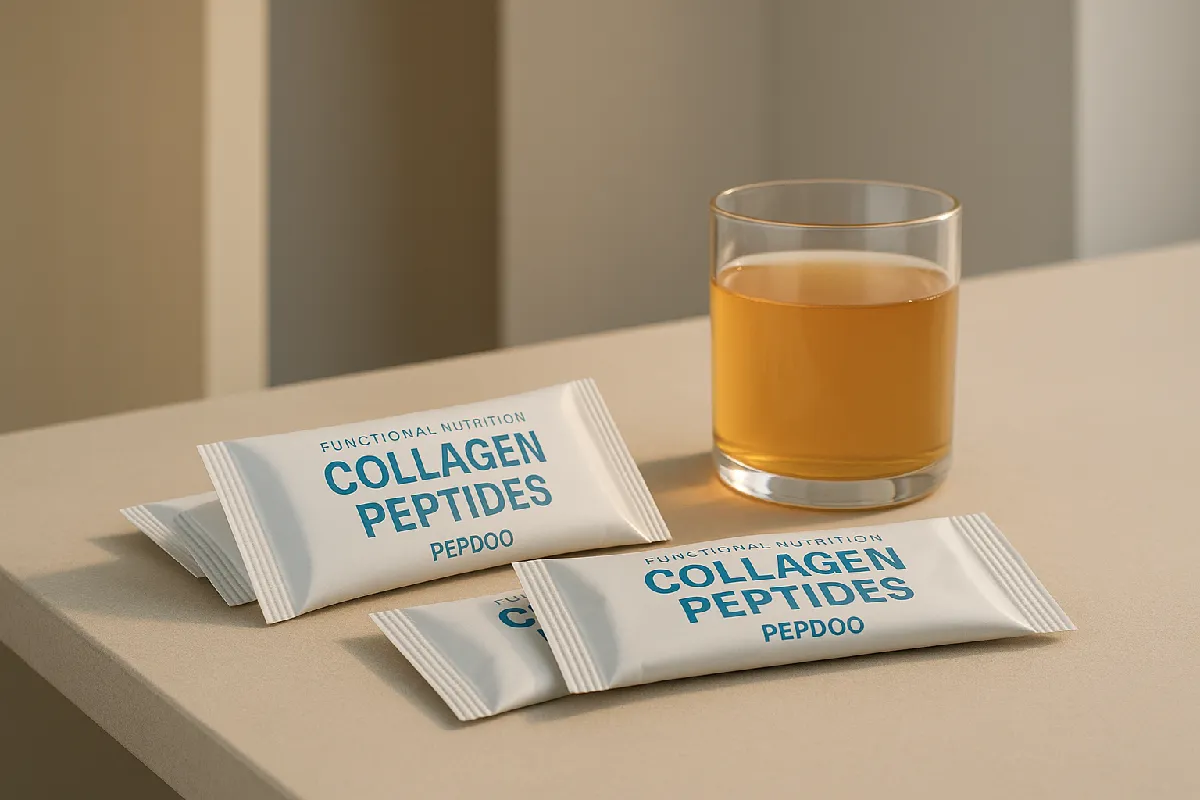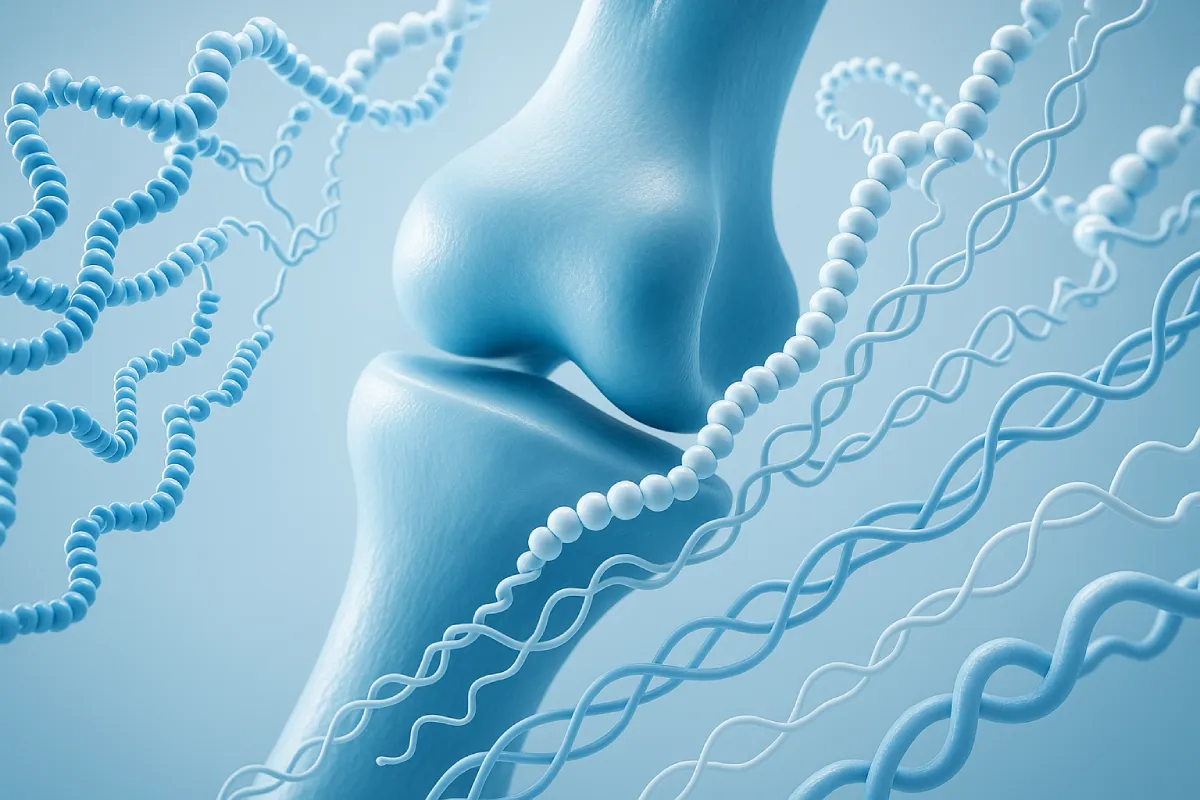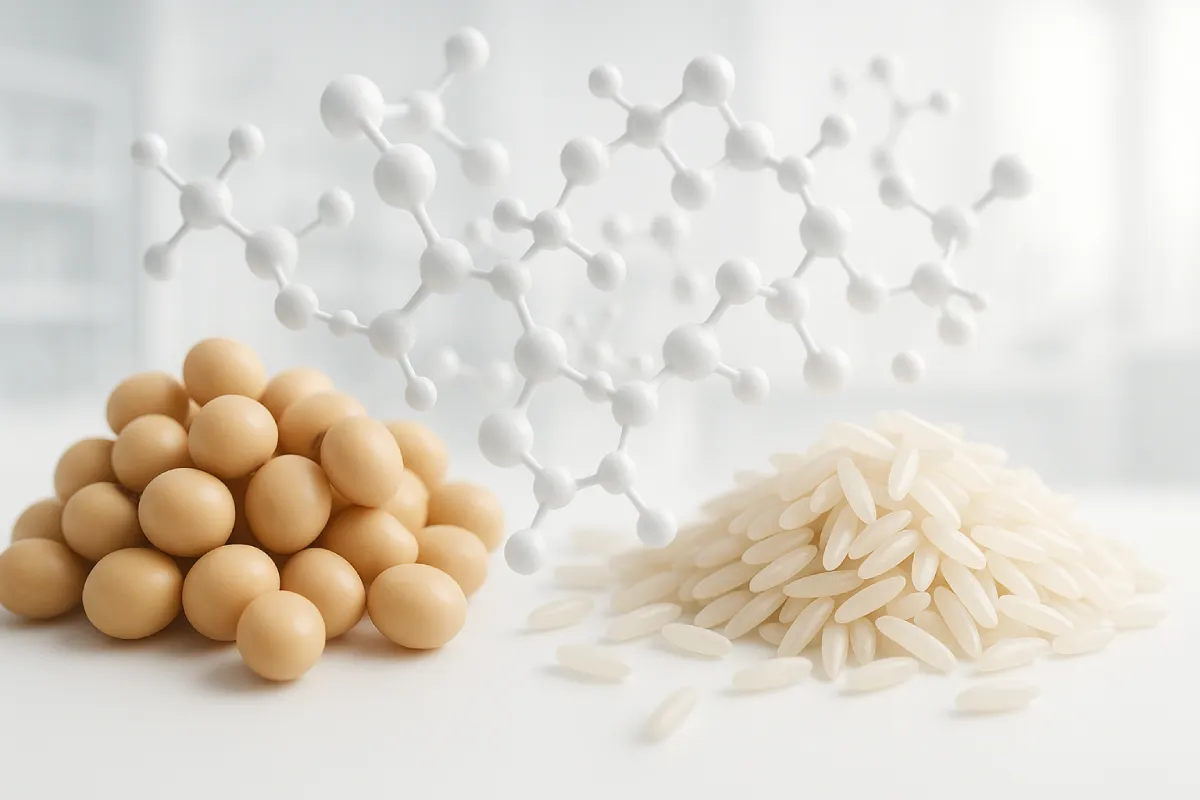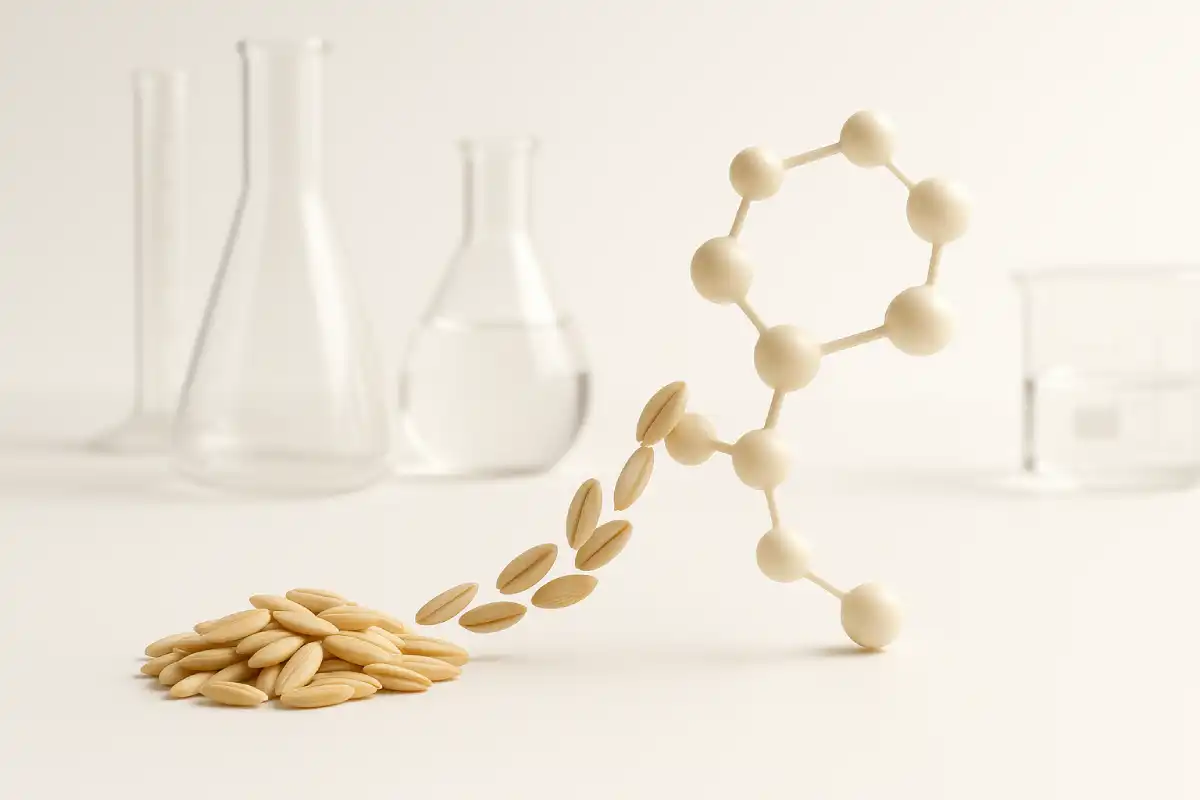1. Why Fish Collagen Tripeptide Is the Gold Standard in Bioavailable Type I Collagen
In recent years, the global market for beauty-from-within and functional nutrition has witnessed a remarkable surge. At the heart of this growth lies collagen—especially Type I collagen, the most abundant collagen type in the human body. While many consumers are familiar with generic collagen supplements, a new generation of bioactive peptides is setting a higher standard. Enter Fish Collagen Tripeptide—a highly bioavailable form of Type I collagen that promises superior absorption, efficacy, and science-backed benefits.
In this article, we explore what makes Fish Collagen Tripeptide unique, how it supports skin, bone, and joint health, and why it’s quickly becoming the go-to ingredient for next-generation functional foods and nutraceuticals.
2. What Is Fish Collagen Tripeptide?
Fish Collagen Tripeptide is a purified form of collagen derived mainly from fish skin or scales. What sets it apart is its unique molecular structure: short chains of three amino acids (tripeptides) formed through precise enzymatic hydrolysis. These tripeptides—most notably Glycine-Proline-Hydroxyproline (Gly–Pro–Hyp)—are the minimal functional unit of collagen with high biological activity.
As a Type I collagen source, fish collagen tripeptide is particularly effective for skin, bone, and connective tissue support. Compared to other collagen sources (e.g., bovine or porcine), marine-derived collagen is not only purer and more sustainable but also more efficiently absorbed by the body.
3. The Science Behind Its Bioavailability
Bioavailability refers to how efficiently a substance is absorbed and utilized by the body. Traditional collagen peptides can have molecular weights ranging from 2,000 to 5,000 Da (Daltons), which may limit rapid absorption. In contrast, Fish Collagen Tripeptide typically has a molecular weight under 500 Da, allowing it to pass through the intestinal wall more efficiently and enter the bloodstream within minutes.
Scientific studies show that fish tripeptides:
Appear in the bloodstream within 15–30 minutes of ingestion
Are absorbed intact (as Gly–Pro–Hyp), stimulating collagen synthesis directly
Promote fibroblast activity and increase skin hydration and elasticity
This superior bioavailability is what makes tripeptide collagen not just another supplement—but a clinically active ingredient.
4. Key Benefits of Fish Collagen Tripeptide
👩⚕️ Skin Health & Anti-aging
Enhances skin moisture retention and elasticity
Reduces fine lines and wrinkles
Stimulates natural collagen production by dermal fibroblasts
🦴 Bone & Joint Support
Promotes bone mineral density and matrix formation
Supports cartilage regeneration and joint mobility
Reduces symptoms of osteoarthritis
💅 Hair & Nail Strengthening
Supports keratin formation for stronger nails and shinier hair
Reduces hair thinning associated with aging and oxidative stress
🩺 Wound Healing & Tissue Repair
Speeds up post-surgical or injury recovery
Supports regeneration of damaged skin and tissues
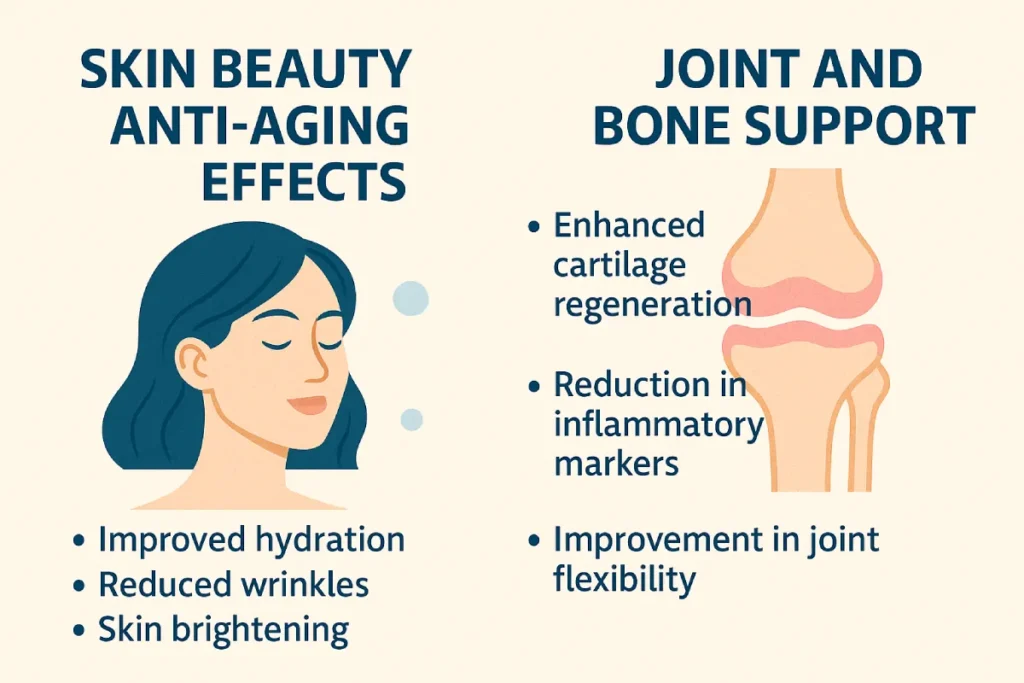
5. Applications in Functional Foods and Supplements
The small molecular size and neutral taste of fish collagen tripeptides make them ideal for various product formats, including:
Ready-to-drink beauty beverages
Powder sachets and stick packs
Softgel capsules and tablets
Functional nutrition bars
When combined with Vitamin C, hyaluronic acid, or elastin peptides, the effects on skin health can be significantly enhanced. Manufacturers appreciate its water solubility, low viscosity, and ease of formulation into both hot and cold systems.
6. Regulatory and Safety Considerations
Fish collagen tripeptide is generally recognized as safe (GRAS) in the United States and approved in various countries under food or dietary supplement regulations. It is:
Non-GMO, allergen-free, and free from bovine/pork derivatives
Halal and Kosher-certifiable
Backed by toxicological studies confirming its safety at functional doses
Labeling claims should adhere to regional regulations—functional descriptions such as “supports skin elasticity” may require substantiation in EU or APAC markets.
7. Why Choose Fish Collagen Tripeptide Over Other Forms?
| Feature | Fish Collagen Tripeptide | Regular Collagen Peptides | Plant-Based Alternatives |
|---|---|---|---|
| Source | Marine (Type I collagen) | Bovine/Porcine (Type I/III) | Lacks true collagen |
| Bioavailability | ✔ Very High (<500 Da) | Moderate (2000–5000 Da) | Low (no collagen) |
| Allergen/Safety | ✔ Hypoallergenic | Possible allergens | Generally safe |
| Function | ✔ Direct collagen stimulation | Less targeted | Limited structural benefit |
From sustainability to superior performance, fish collagen tripeptide clearly outpaces its counterparts.
8. Current Market Trends and Consumer Insights (2025 Update)
Global demand for collagen-based beauty and wellness products continues to rise. Recent trends include:
Beauty-from-within supplements experiencing double-digit growth, especially in Asia-Pacific
Rising consumer interest in marine-sourced, clean-label, low-dose but high-efficacy products
Increased use of collagen tripeptides in combination with antioxidants and probiotics
Growth of e-commerce and DTC collagen brands highlighting “scientifically backed” claims
B2B buyers and brand developers are increasingly seeking clinically substantiated, low-dosage-effective collagen ingredients to meet consumer expectations.
9. How to Identify a High-Quality Fish Collagen Tripeptide Product
When sourcing or selecting a product, look for:
Verified marine origin with full traceability
Molecular weight under 500 Da (typically 280–500 Da)
Patented enzymatic hydrolysis processing
Third-party tested for heavy metals and microbial purity
Clinical studies or bioactivity assays supporting efficacy
Certifications: ISO, HACCP, GMP, Halal, Kosher, etc.
Don’t settle for generic collagen—tri-peptide grade collagen is the new benchmark.
10. Conclusion
Fish Collagen Tripeptide represents the pinnacle of collagen innovation—offering unparalleled bioavailability, clinically proven skin and bone health benefits, and versatile applications across the wellness industry. As consumers demand more from their supplements, science-backed ingredients like tripeptide collagen will continue to lead the way in functional nutrition.
Whether you’re a product developer, health brand, or informed consumer—now is the time to embrace the next evolution in collagen supplementation.
FAQs
Yes. Its smaller molecular size (<500 Da) allows for faster absorption and greater efficacy.
Absolutely. Clinical studies show daily use is safe and effective, typically at 2.5–5g per day.
No, it is an animal-derived product. However, it is suitable for pescatarians.
Generally, no. It is well tolerated and safe for long-term use.
In water-soluble powder or functional drink form, ideally with Vitamin C for enhanced absorption.


